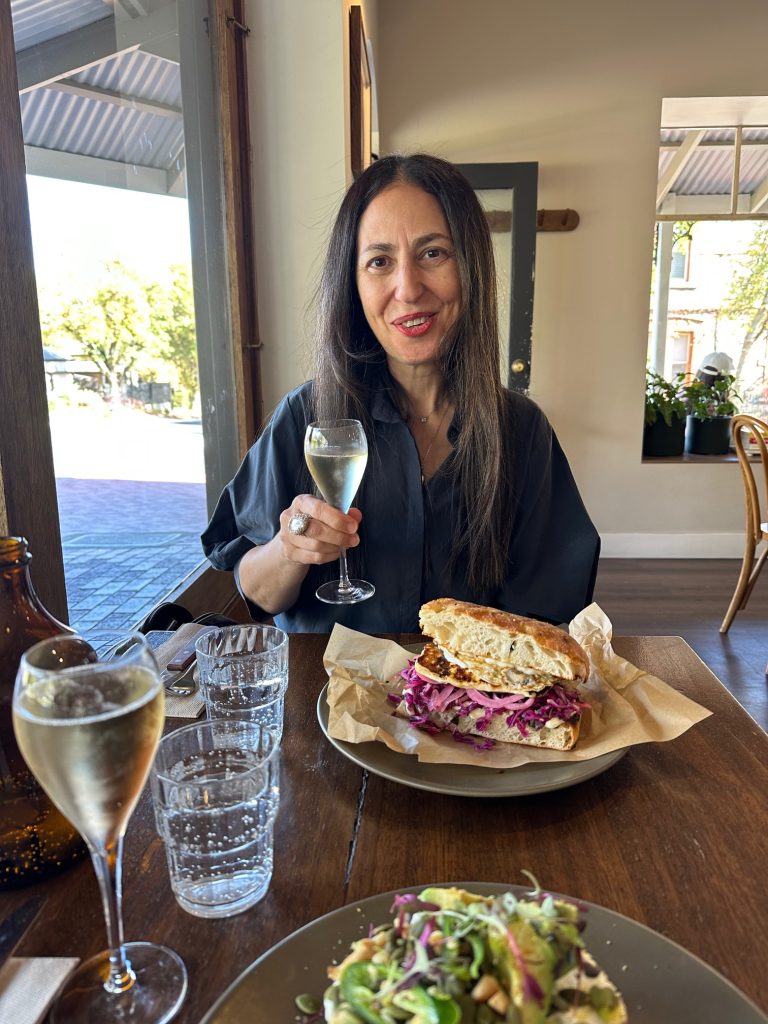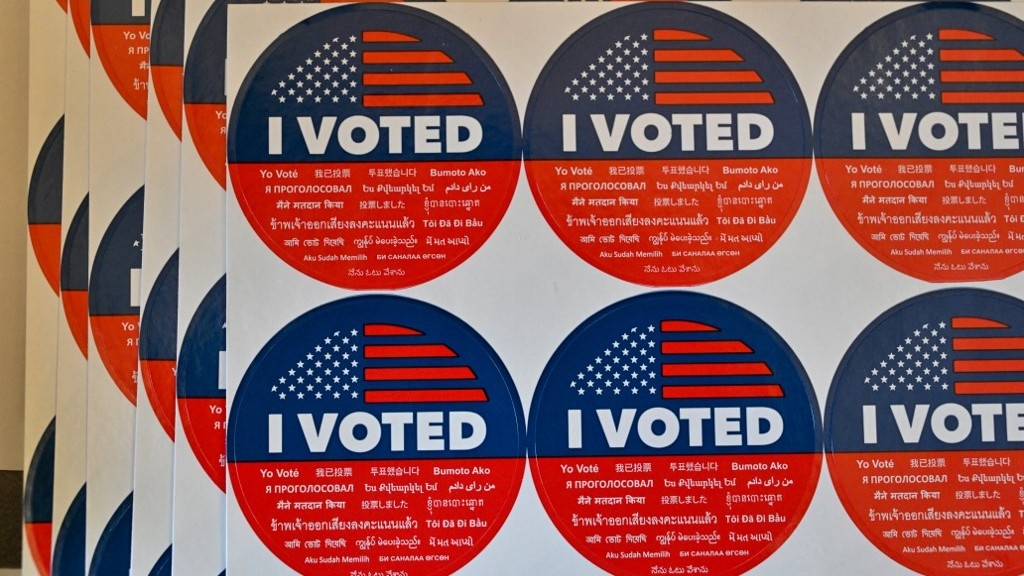Seven years ago, to the day I started working part time at a firm I wouldn’t ever have considered had it not landed at my feet. I was a free agent and swayed by the lure of security, while being able to retain some of my clients. The best of both worlds.
Gradually, three days a week turned into four, then five as colleagues jumped ship and my responsibilities grew. Free agent status dissolved. I was sucked into the employee vortex with all the trappings.
Former colleagues tell me they took bets from day 1 on how long I would stay. Consensus was that I’d be over the culture before the end of the six-month probation.
I stood up for myself and for those who didn’t and gave advice that leadership sometimes didn’t want to hear – that’s the role of a communications advisor.
I was with them through some hairy times and near misses – always with the good of the business in mind – that was the role. I stayed.
I loved my work but I hated the job.
Much of the leadership had been there since university. They knew only their culture and feted longevity over diverse, global experience. It was a small and local but enforced policies like it was a Wall Street titan.
It was a tight club, and I would never belong. Still, I loved my work and hated the job.
Regrettably, and out of misguided loyalty, I declined plum, new career opportunities along the way. I also declined the employer’s offer of their version of promotion. I loved my work but hated the job.
Shortly before a significant anniversary, and right before I was leaving for a month overseas, the firm decided communications was no longer a priority. Something about restructuring and no need for communications, blah, blah, you were great at your work but so long.
How could a business not have communications? How could a business eliminate a human (and their clients) only weeks short of a significant anniversary? All questions that ate at me for a week or two, until I was reminded by my tribe – I loved the work and hated the job.
I’d have liked to make the anniversary and the financial benefit that went with it. Lord knows, I earned it. The timing was no happy accident. Business will save $$$ where they can: People are collateral damage.
Today, instead of celebrating seven years with a generic email from HR, I’m marking seven years of learning.
I know exactly what I don’t and won’t tolerate in any workplace. I sleep well at night. I love life. I love my work, and I love my job.








